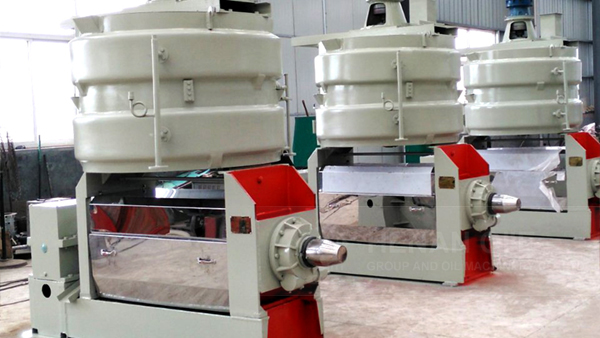The sunflower seed oil industry plays a pivotal role in the agricultural sector, providing essential oils for culinary and industrial needs. However, this thriving industry raises significant concerns regarding its impact on our ecosystem. This article examines the environmental challenges associated with sunflower seed oil production while presenting sustainable solutions that align with ecological principles.
As global demand for sunflower seed oil continues to rise, environmental repercussions have become more pronounced. Conventional farming methods often lead to soil degradation, pesticide overuse, and water scarcity. The carbon footprint associated with transportation and processing further exacerbates ecological harm.
1. Soil Degradation: Intensive farming practices contribute to nutrient depletion and erosion. 2. Pesticide Use: Over-reliance on chemical pesticides adversely affects biodiversity. 3. Water Usage: Excessive irrigation strains local water resources.

To mitigate the adverse impacts of sunflower seed oil production, a transition towards sustainable agriculture practices is essential. Brands must prioritize ecological integrity and sustainable development commitments. Here are some effective strategies:
Utilizing crop rotation, intercropping, and organic farming methods can enhance soil health and biodiversity.
Implementing energy-efficient technologies and sustainable supply chain practices can significantly reduce the carbon footprint of sunflower oil production.
Investing in advanced irrigation technology and rainwater harvesting can optimize water usage and minimize waste.
Brands are crucial in championing sustainable practices within the sunflower seed oil industry. By adopting transparency in sourcing and production, companies can build trust with consumers who prioritize eco-friendly products. Marketing strategies that highlight environmental commitments enhance brand image and customer loyalty.
The sunflower seed oil industry's ecological construction is essential for ensuring a sustainable future. Through the adoption of innovative agricultural practices, green production techniques, and a commitment to ecological integrity, companies can address environmental challenges while fulfilling market demands. The path towards sustainability in sunflower seed oil production is not only a moral imperative but also a strategic advantage in the competitive landscape.


